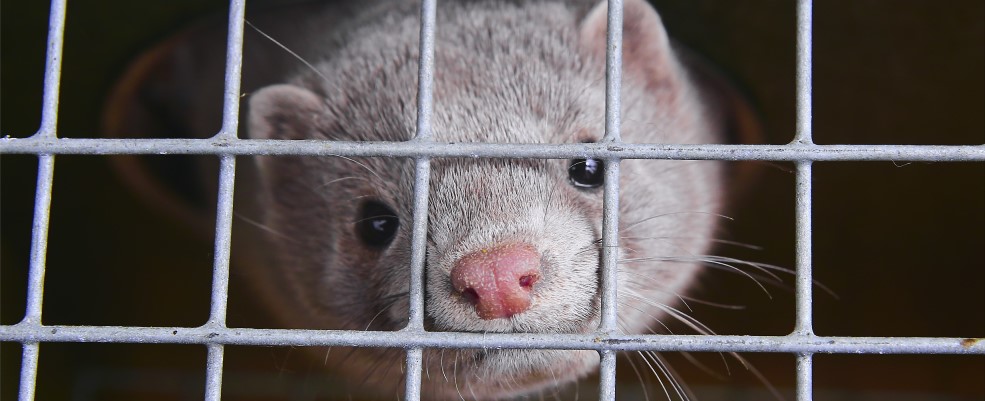While academic literature on environmentalism has long emphasised the interdependence and fragility of all life forms on earth, scholarly work on civil society has largely overlooked the position of non-humans. Our research is seeking to address this by examining contemporary civil society advocacy for animal welfare rights in the UK. As part of a series of blog posts on our work, here we share some emerging findings.
Animal welfare becoming a mainstream political issue
A decade ago, our research on political parties’ manifestos for Westminster elections showed that the position of animal welfare as a policy issue was fragile and subject to setbacks and reversal. More recently, our work on manifesto pledges and parliamentary petitions found evidence of animal welfare finally becoming a mainstream political issue. Public attitudes data also generally point to increasing support for animal welfare and increasing use of non-animal foods and materials. For example, in 2021 a survey revealed that almost half (46 per cent) of Britons aged 16-75 were considering reducing their intake of animal products in the future. Yet are these indications of shifting attitudes consistent with the views and experiences of civil society animal welfare organisations?
Emerging findings from interviews with civil society advocates
Unsurprisingly, we found a mixture of views. Some, such as this campaigner, were equivocal: “I definitely think there’s an increasing recognition … [But…] there’s a broad spectrum… There are some people who probably do still think that humans should be in a sort of dominant position, and perhaps that humans are superior in some ways, but they still would recognize much more the sentience of other species [… and] that we need to have much more consideration of other species than was the case in the past”.
Whilst agreeing they’d witnessed growing public support, several interviewees pointed to its growing political salience. As this interviewee explained: today “animal welfare is very, very popular with the public. A lot of MPs are surprised when they discover it’s probably one of the biggest issues that they get contact[ed about], sometimes it’s the biggest issue”.
Advocates also highlighted the way that the pandemic has shaped public attitudes. One said: “we’ve – particularly during lockdown – seen this massive shift towards people acquiring animals. And there’s obviously positives to that around people being able to experience sharing their lives with an animal… that can be very transformational, very, very positive. And it can kind of bring a whole new sort of perspective to how you live your life”.
Other interviewees spoke of people struggling with a holistic view of advancing the welfare of all non-humans: “I think people still compartmentalize animals a lot and sort of see them, as you know, their pets, or wildlife, or farm animals, or production animals, or whatever. And I think if we could see a shift towards a more general idea of compassion for all, that would be good. But how to do that… [in a way] that doesn’t feel too abstract is probably going to be a bit tricky”.
Strikingly, a number of interviewees spoke of how the shift in public attitudes has been accompanied by changing conceptual thinking and people’s use of language on the issue. For example, this interviewee observed that: “Some people who are interested in social justice do expand their moral circles… slowly it is starting to overlap with animals as well’. This campaigner concurred: “I do think that people are starting to join the dots between human social justice issues and justice for animals… people are starting to realize that it does have a lot of parallels with other forms of oppression”.
Allied to this, interviewees also highlighted the increasing use of the term “social license to operate” in relation to the use of animals in sport and entertainment. In short, this refers to public and stakeholder consent and that an activity is morally and ethically desirable. This is increasingly in doubt in the case of racing animals and the betting industry.
These findings are significant in that they reveal that, alongside public attitudes, data and electoral analysis, many civil society advocates also support the notion of shifting public support for political and policy measures to advance animal welfare. On face value, this might auger well for civil society organisations’ campaigning. However, as our future posts on the contemporary challenges facing animal welfare activism will explain, this is not necessarily the case.
Read the next post here: Devolution and animal welfare lobbying: exploring the views of civil society campaigners
Research interviews by Kathleen Job.

